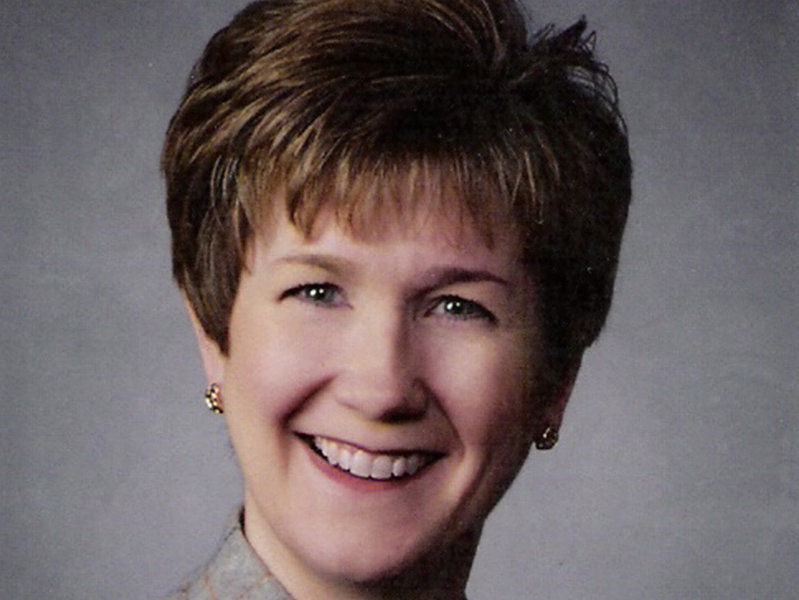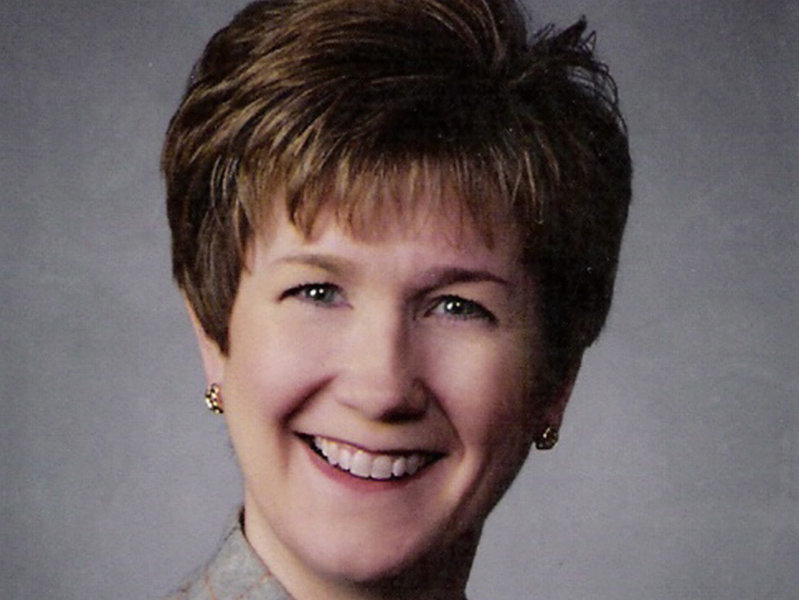At first, I wasn't sure what I was seeing, or what to call it. "Carmen Lite"? "Cliff Notes For Carmen?" "I Can't Believe It's Not Carmen?"
But as the night went on, I decided to call it extraordinary. "The Tragedy of Carmen" is not the familiar grand opera, but a dark and furious adaptation by theater colossus Peter Brook, Jean-Claude Carriere (a protégé of avant-garde filmmaker Luis Bunuel) and Marius Constant. They've created a lean, mean eighty-minute version that preserves Georges Bizet's thunderous original score, but by referencing Merimee's original novella, have boiled down Bizet's titanic three-hour spectacle into a dark, intimate chamber opera.
The plot is similar to the grand version, with some telling differences. Don Jose, a soldier in the Spanish Army, is loved by Micaela, but is seduced by Carmen, a gypsy who I'll politely call a camp follower. Carmen is good at her job, so she also seduces Zuniga, Don Jose's superior, and Escamillo, a matador, while hiding her marriage to Garcia. Jealousy and passion lead to murder, more murder, abandonment and concubinage. Carmen, knowing her fate from the cards, cheerfully rampages through people's lives and feelings with the winsome, gentle compassion of a panzer division.
This is told with a selected realism that reflects the film experience of the three adapters. There are very few scenes. Exposition is almost non-existent, and as the plot jumps from climax to climax it creates an eerie sense of watching a series of photographs from an old magic lantern show. Character development is brusque and revealed not only by action but, of all things, pantomime, very rare for an opera.
The staging isn't subtle. At one point, Carmen grabs the attention of Don Jose by stroking the long, hard shaft of his horizontally profiled sword scabbard, and you know what she REALLY means. Bizet's ending featured the ferocious, eyeball-to-eyeball standoff between Carmen and Don Jose, one of the greatest scenes ever written, but here Carmen's death is not an enraged act of passion, but something akin to a human sacrifice, the consummatum of her dark destiny, and it's very spooky.
Only seven actors tell the tale. Diane Lane is an unusual choice for Carmen. Her bright, sometimes airy soprano contrasts with her amoral, slutty character, creating a Carmen with a disturbing secret. Taking the stage like thunder, Khary Laurent, a giant of a man with a giant voice, is spectacular as Escamillo, his vigorous alpha-male masculinity well played against the pathetic neediness of Don Jose, sensitively and subtly sung by Gregory Schmidt. Michael Di Padova is memorable as a corrupt and arrogant Zuniga, and you'll fall in love with Janinah Burnett as Micaela. Burnett has a sweet and charming voice, perfect for her sweet and charming character, both elements doubly perfect for the shock value when the big cat fight breaks out between Micaela and Carmen.
The key to this show is the cunning of the three adapters, who have taken Bizet's melodrama and devilishly presented it as a night in the Theater of Cruelty. Antonin Artaud's vision of the Theater of Cruelty was to create a unique stage language between thought and gesture, overthrowing what he considered the tyranny of text over meaning, and expressing the spiritual in physical terms, if necessary violently physical, to crush what he saw as a false reality that blinds our perceptions.
Translating that out of the academic, it means that when you see "The Tragedy of Carmen" you'll see an opera with as much action as song, where the details of the characters are ruthlessly trimmed to their essence, and the plot revealed with a sparseness that is pitiless and brutal. Nothing extraneous is kept, and like a crime investigator, you are left to connect the dots between scenes to come to the awful truth from the clues you've been given, a remarkable way of drawing an audience into the action. This is an unusual, VERY unusual night at the opera.
Featuring their usual top of the line production values and Bill Theisen's always clever direction, "The Tragedy Of Carmen" is presented by the Skylight Opera Theater, and plays at the Broadway Theater Center at 158 N. Broadway in Milwaukee through Feb. 12. Call (414) 291-7800 for tickets.







